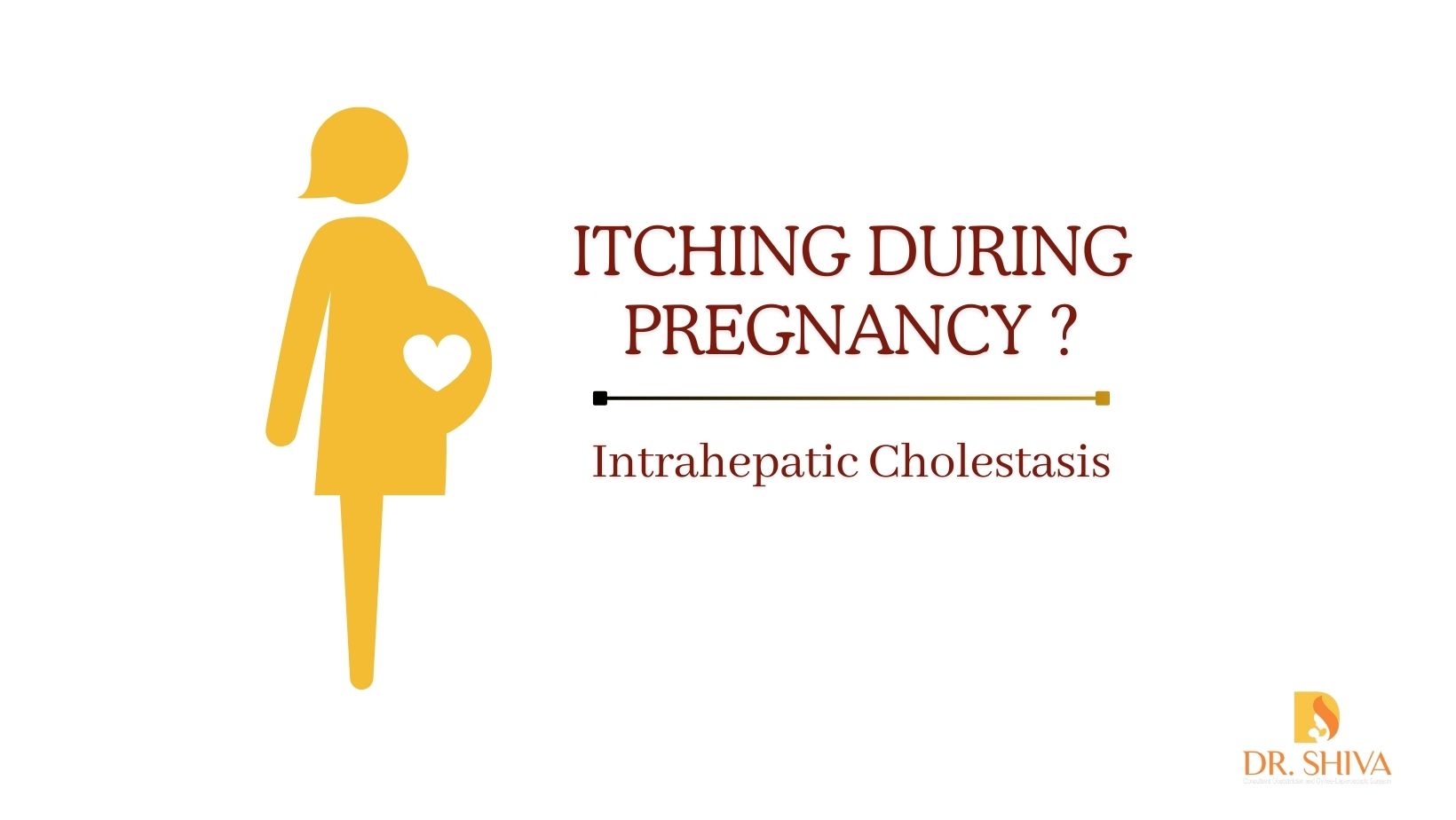
Pregnancy, a time of anticipation and joy, can also bring about unexpected health challenges. One such condition that might occur is Intrahepatic Cholestasis of Pregnancy (ICP), a liver disorder that can affect expectant mothers. Do you feel severely itchy over parts of you body, tired, and confused , if so you might be dealing with intrahepatic cholestasis of pregnancy (ICP).
What causes Intrahepatic Cholestasis?
ICP is a liver disorder specific to pregnancy, characterized by the improper flow of bile. Bile, essential for digestion, is produced in the liver and stored in the gallbladder. In ICP, the flow of bile is disrupted, leading to a buildup of bile acids in the blood.
Symptoms
Recognizing the symptoms of ICP is crucial for timely intervention. These may include intense itching, dark urine, and pale-colored stools. Although the exact cause is unknown, genetic factors and hormonal changes during pregnancy are considered contributing factors. Listing some of them here –
- Severe itch: You may experience itchy skin across your body, particularly on the hands and feet. Scratching might offer temporary relief, but it’s important to be gentle to avoid infection.
- Dark Urine and Pale Stools: Bile pigments normally color your urine yellow and your stools brown. When they’re stuck in the liver, your urine may turn dark, , and your stools may be pale.
- Fatigue: ICP can leave you feeling drained and sluggish.
- Nausea and Vomiting: These can make your journey even more challenging.
- Jaundice: your eyes and skin will look pale yellow. This is due to your liver not working well and there is too much bilirubin in your blood.
Who Gets ICP?
This condition can occur in any pregnant woman, but it’s more common in those carrying twins or with a history of ICP in previous pregnancies. Certain medical conditions and genetic factors can also play a role.
Complications
ICP is not only uncomfortable but can pose risks to both the mother and the baby. Higher levels of bile acids in the bloodstream can contribute to complications like premature birth, fetal distress, and respiratory distress syndrome for the baby.
Diagnosis and Treatment:
Diagnosing ICP typically involves assessing symptoms, conducting blood tests, and monitoring bile acid levels. Once diagnosed, management strategies focus on alleviating symptoms and minimizing risks.
- Medications might be prescribed to reduce bile acids and ease symptoms.
- Prenatal Care: Regular check-ups with your doctor are crucial to monitor your baby’s health and adjust treatment as needed.
- Lifestyle improvements: Getting enough rest, eating a healthy diet, and managing stress can all contribute to feeling better.
- Delivery Plans: In some cases, early delivery may be recommended to protect your baby’s health.
Managing ICP requires a team effort – you, your doctor, and your support network.
Preventive Measures
While ICP’s exact prevention remains elusive, maintaining a healthy lifestyle during pregnancy can potentially reduce its risk. Regular prenatal check-ups, a balanced diet, and staying hydrated are vital components of a holistic approach to maternal health.
Conclusion
Intrahepatic Cholestasis of Pregnancy underscores the complexity of health during the gestational period. Awareness, early detection, and appropriate medical guidance can significantly mitigate risks associated with this condition. As with any pregnancy-related concern, open communication with healthcare providers is key to ensuring a safe and healthy journey into motherhood.

